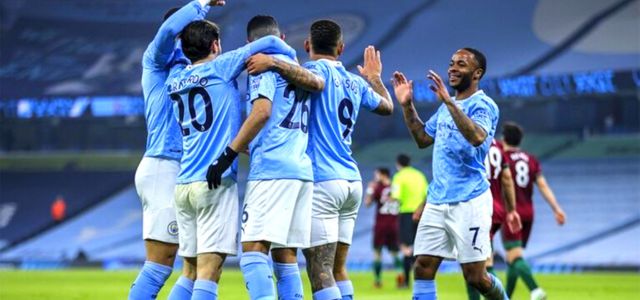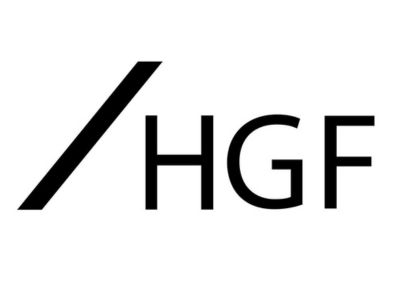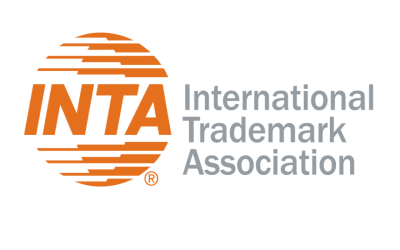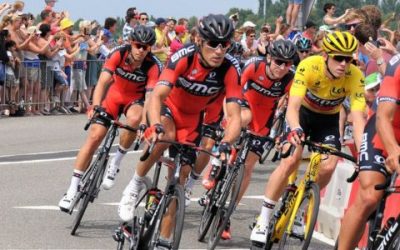The owner of the Superdry clothing and retail brand has recently launched a trademark infringement action against Manchester City FC, specifically, for the use of the term ‘Super “DRY”’ on its training kit, as part of its Asahi sponsorship deal.
The name of Asahi’s alcohol-free beer, Super “Dry”, was intended to feature on the Manchester City kits through the 2023-2024 season. The case is interesting for demonstrating that sponsorship deals and the resulting cross-over of product categories can bring two brands into conflict — especially with offerings that at first glance may not seem similar; in this case, beer and clothing.
It seems that Superdry is claiming the term ‘Super “DRY”’ on the kit, appearing above the Asahi name, is identical to its SUPERDRY trademark. The brand is also claiming that Manchester City is free-riding on its reputable trademark, which could also be tarnished if the clothing sold by Manchester City is of poor quality.
As a possible defense, Manchester City could argue that in the context of its use, the term Super “Dry” on the kit is to promote Asahi beer and is not used on clothing as such, which does not impact the essential function of the Superdry brand to identify its goods. This would allow them to bring in arguments around confusion i.e., that consumers will understand the term to relate to Asahi in the wider context of the sponsorship deal, particularly as this will also involve Asahi beer being sold at football games with the branding visible on screens at the stadium and during the game. The ASAHI trademark is also visible on the shirts themselves but, according to reports, Superdry has submitted images of players to show that the ASAHI mark is not always visible during play.
However, this line of argument may face challenges given that football kits are often sold to customers online and via third-party retailers, in a separate context from the live games where the Asahi sponsorship may be more obvious. In its court filings, Superdry has also apparently pointed to many of its celebrity sponsorships and endorsements over time, possibly to argue that there is a risk consumers would believe the kits to be sponsored by Superdry instead of or as well as Asahi.
If the High Court were to side with Manchester City, this could signal a move away from the expanded function analysis of trademark law established by EU jurisprudence, first in Arsenal v. Reed, and the widening of infringement grounds to include harm to the advertising function under Section 10(1) of the Trade Marks Act. This is unlikely to be overturned completely, but the High Court could, as above, rely on the context of use to find in favor of Manchester City.
Manchester City could also look to defend the double identity ground of infringement by arguing that the marks SUPERDRY and Super “Dry” are not identical, as Super “Dry” could be seen as two separate words.
The requirement of “without due cause” under the 10(3) grounds of infringement for reputable marks could also be explored further. Manchester City could point to the use of Super “Dry” as a descriptive indication of Asahi’s established alcohol-free beer and its sponsorship as being ‘with’ due cause, rather than an attempt to reference and free-ride on the Superdry brand. This is possibly more likely to carry weight before the UK High Court than in the EU.
Reacting quickly to the allegations and seemingly before a decision on Superdry’s requested junction has been issued, Manchester City seems to have already modified the kits, with the club this week training in clothes bearing the words “Asahi 0.0%” without the Super “Dry” term. To make the most of the sponsorship throughout the upcoming season, Manchester City may have chosen to back down from any dispute and make the requested changes or at least pending any decision.
The conflict between Superdry and Asahi over the SUPERDRY markmark is not new. Back in 2004, Asahi lost an opposition to a UK trademark application in the name of the then owners of the SUPERDRY clothing brand — many of the arguments above being replayed, albeit then with the tables being turned. Other commentators have also pointed out that the Asahi Super “DRY” existed before the clothing and retail brand and that the latter may have been inspired by the former. No doubt Superdry would argue that until now the two parties have been in different sectors of the market. This shows how markets are increasingly converging and exacerbating the potential for IP conflicts.

Written by Emma Pallister
Chartered Trademark Attorney, HGF
You may also like…
INTA files statement in intervention in EU case on the inherent distinctiveness of color combination trademarks
New York, New York—July 24, 2024—The International Trademark Association (INTA) has filed a Statement in...
Bytedance stumbles in Singapore: IPOS rejects TIKI trademark challenge
The social media giant Bytedance, owner of the ubiquitous TikTok platform, recently suffered a setback in Singapore....
TOUR DE FRANCE fails in the third stage against German fitness studio chain
At the end of June, the 111th edition of the Tour de France kicked off. June also saw the end of a dispute between...
Contact us to write for out Newsletter














